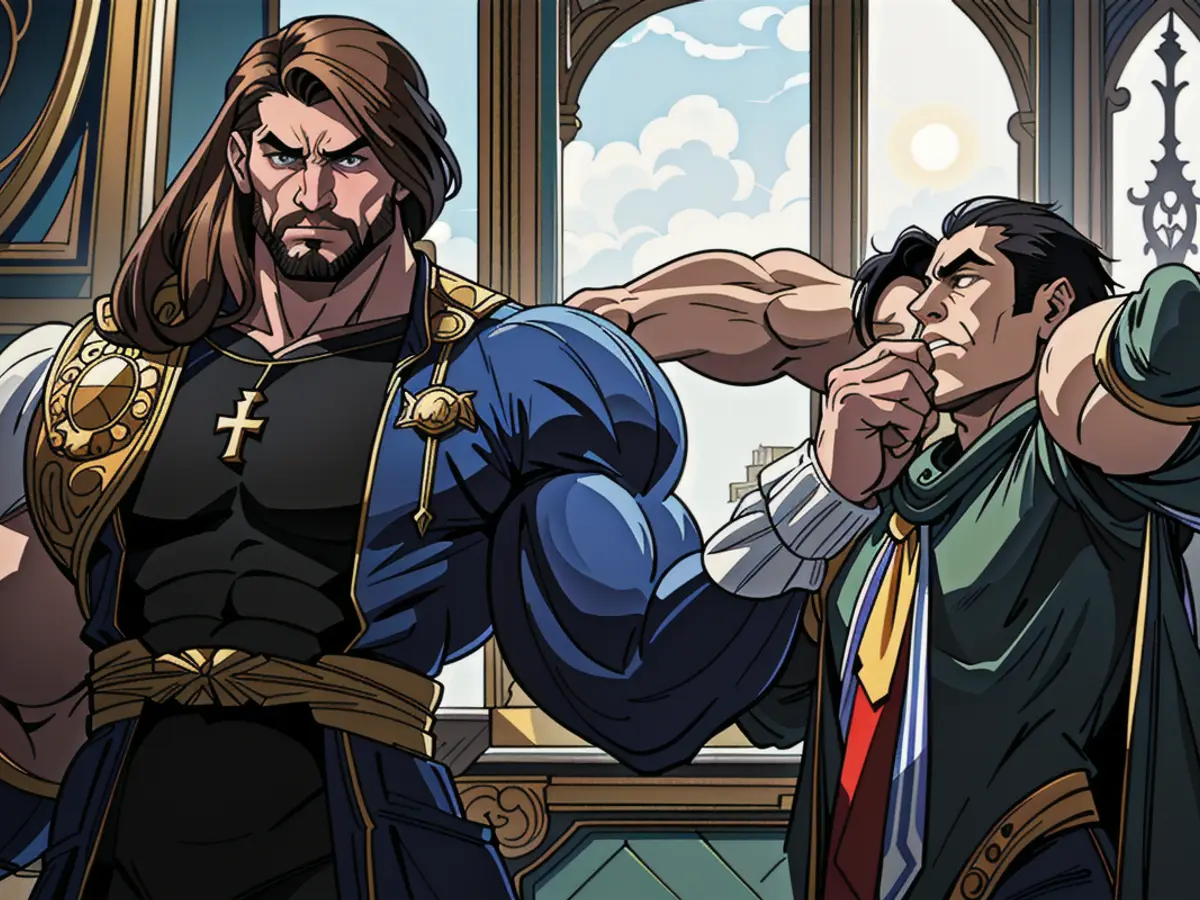A Multipolar World's Lesson for Europe: Reflections from the 19th Century
Lessons Europe Might Glean from the 19th Century: An Overview
** sharing options **
Recent globe-changing events hint at a shift in the global order. What's in store for Europe? Insights from our own 19th-century experiences with multipolarity could offer valuable insights.
The last few weeks have left many feeling uncertain about the future, possibly marking the end of a shared West, a close transatlantic connection, and a Europe that found comfort in a familiar international system. For the road ahead, we might be heading towards a bipolar world with China and the US as superpowers, and Europe and Russia as secondary players, leading to a renewed division of Europe. Or we could be looking at a more promising multipolar world, with Europe among the four or five major players, alongside the US, China, Russia, and India.
At the moment, it appears that multipolar international relations will be the norm moving forward. Europe has faced both: the bipolar system during the Cold War and the multipolar system from the 19th century until World War I. Taking lessons from both, we can gain insights into our present and future.
The Cold War: Stability and Ideological Tensions
On one hand, the Cold War's bipolar world brought about mixed experiences. Negative aspects include the division of Germany and the Berlin Wall, the division of the world into spheres of influence, hot wars in China, Korea, Vietnam, and small conflicts in Africa and Southeast Asia, now mostly forgotten; and ideological struggles that often bred intolerance.
However, the Cold War is also remembered as a stable period in Europe, devoid of hot wars on European soil, with significant economic growth, unique improvements in living standards, the spread of democracies, and the establishment of the European Community, which evolved into the European Union. This bipolar world offered Europe a measure of stability, progress, and, to some extent, independence.
The 19th Century: Stability and Nationalism
On the other hand, the multipolar world between 1815 and 1914, known as the system of the Five Powers—Britain, France, the Habsburg Monarchy, the Russian Empire, and Prussia, later Germany—was also relatively peaceful, with sparse warfare in Europe except for the Crimean War (1853-1856) and Prussia's three wars (1864-1871). This era brought prosperity, industrialization, enhanced living standards and education, a bourgeoisie rise, influential parliaments, and substantial development in Europe.
It was also the age of European global dominance, as the five powers controlled vast colonial empires. This system, however, had serious drawbacks: above all, in the late 19th century, increasingly aggressive nationalism, trade barriers, restrictions on travel, an arms race, competition among European empires, the oppression of colonial peoples, racial ideologies, and the fear of decadence and the decline of the West. The fatal flaw was its inability to prevent the outbreak of World War I, the First World War catastrophe, and the trigger for an even worse World War II.
Mistakes to Avoid
Europe has embarked on a journey towards a multipolar system in recent weeks, with the intention of becoming one of the major powers, enhancing military defense capabilities, reversing economic decline, and defending European values of freedom. Europe should learn from its history for this path.
Three mistakes from the 19th century should not be repeated. Europe must remain defensive and avoid making unjust claims over regions outside of Europe, as incompatible claims were one of the reasons for the catastrophe of World War I. Simultaneously, common rules for all powers were crucial for the system's longevity. These must be negotiated and maintained, as their absence was a significant factor in the system's collapse in the last decades before World War I.
Finally, the Germans' mistake at the end of the 19th century should not be repeated. The German Reich, founded in 1871, became too focused on positioning itself in the existing Five-Power system, neglecting efforts to keep the system stable. Europe today should remember that it's not just about positioning itself but also about maintaining global stability.
The Scholar: Prof. Dr. Hartmut Kaelble, a leading German social historian, emphasizes these lessons from our turbulent past in navigating the complex international landscape of the 21st century.
Source: ntv.de
- More Reading
- Multipolarity
- Cold War
- Globalization
- Colonialism
- Nationalism
- In a multipolar world, Europe could emulate the stable economic growth and democratic expansion of the Cold War era, while avoiding the negative consequences such as ideological tensions and military conflicts between superpowers.
- As Europe navigates its way towards becoming a major global player, it's crucial to learn from the mistakes of the 19th century, including avoiding unjust claims over regions outside Europe, negotiating and maintaining common rules for all powers, and focusing on maintaining global stability rather than just positioning itself.
- The lessons from Europe's experiences with multipolarity in the 19th century and the bipolar world during the Cold War offer valuable insights for the present and future, particularly concerning stability, economic growth, and European unity in an increasingly complex international landscape.








